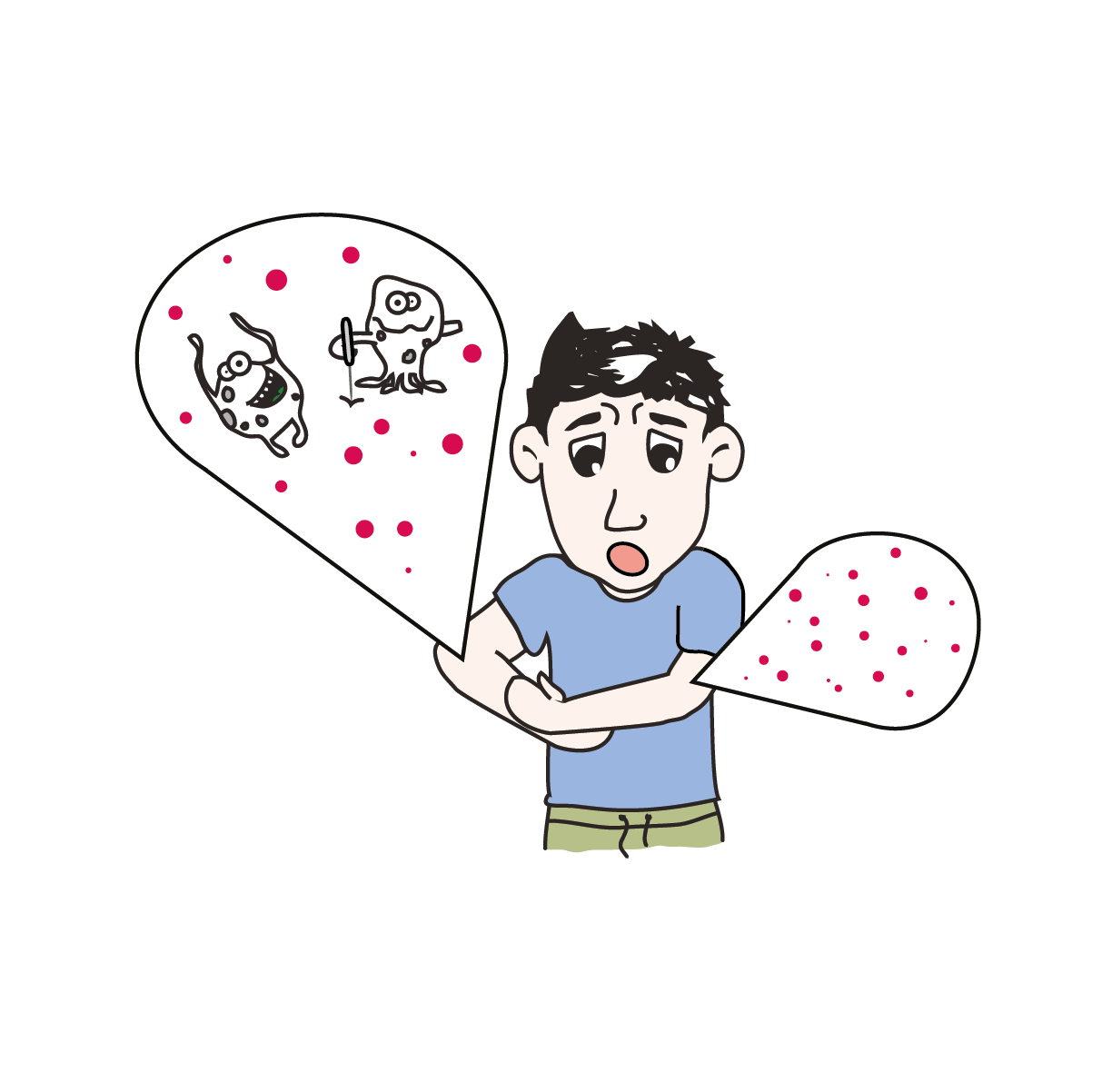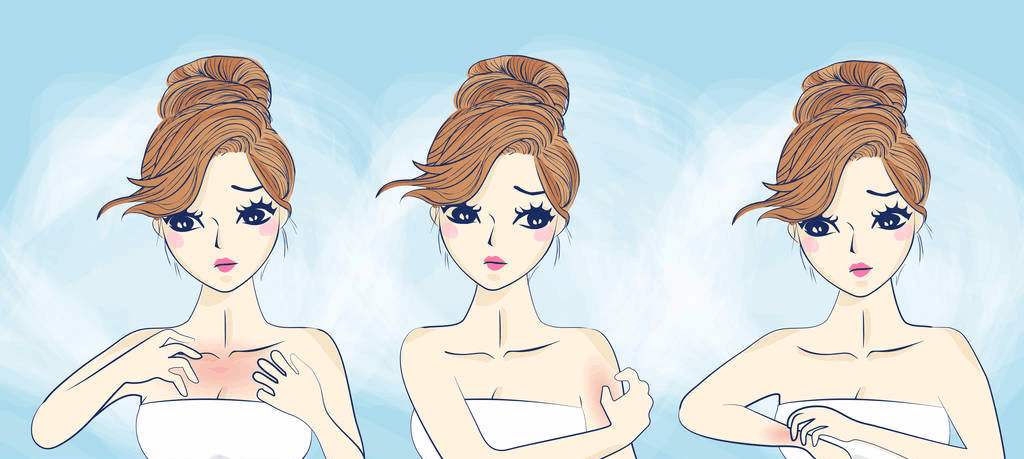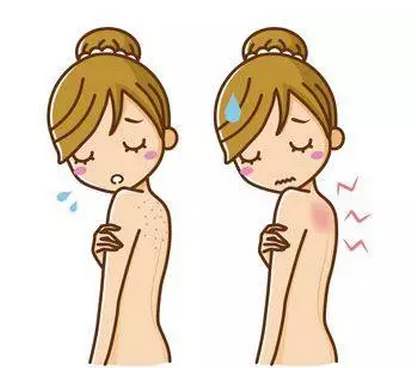Eczema
Eczema is a commonly skin condition which is generally known as dermatitis. It is a skin disorder where skin will have rashes that are red, dry and itchy with or without presence of blisters. Medically, it can be further divided into some types namely atopic dermatitis, contact dermatitis, dyshidrotic eczema, nummular eczema and seborrheic dermatitis. They can occur at any age.

Eczema can be regarded as a kind of skin allergy that is induced by an irritant or allergen form outside or inside of body which initiates the immune system to cause inflammation making skin red and itchy. Therefore, it is not a contagious condition. It is related to the person’s genes and environmental factors. Some of the common examples of external factors are certain specific food like nuts and dairy, skin care products, soap and detergents, perfume and so on.
Similarly, it can also be caused by internal factors such as stress or hormones. Sometimes it is hard to pin down what exactly induces eczema in person because every individual is different and unique in their own way, likewise, their allergy to specific substance can be different from their other family member and how it looks like may also be different. However, eczema is found to be more common among the people with dry and sensitive skin type and with parents with a history of eczema, allergic rhinitis and/or asthma.

When we wonder about treatment of eczema, sadly it cannot be cured radically. Although in some cases, it might even get resolved spontaneously, meanwhile other cases might require a proper self-skin care or medical assistance depending upon the severity of the condition.
According to the statistics, eczema in a majority of small kids goes away as they grow older, whereas in some children it might persist into their adulthood.
Some of the ways to keep one selves away from eczema are: 1) to find out which substance can initiate eczema to you and prevent yourself from exposing to it, 2) moisturize your skin more frequently 3) use lukewarm water to take a bath and apply body lotion within 3 minutes after bathing and 4) use dermatologically tested skin product with good moisturizing effect which aids in healing of skin from the condition.

As it can be very difficult to tolerate eczema and sometimes even interfere sleep due to itching in severe cases, it is wise to seek medical help from your dermatologist to heal the affected area and to prevent flare of symptoms. Due to the continuous itching, your skin may become more prone to secondary infection by bacteria and fungi. Your dermatologist will prescribe you some topical corticosteroid cream or oral medications that will relieve the itching and treat the skin lesions. This will help you sleep better and stay more focused at your daily activities.
